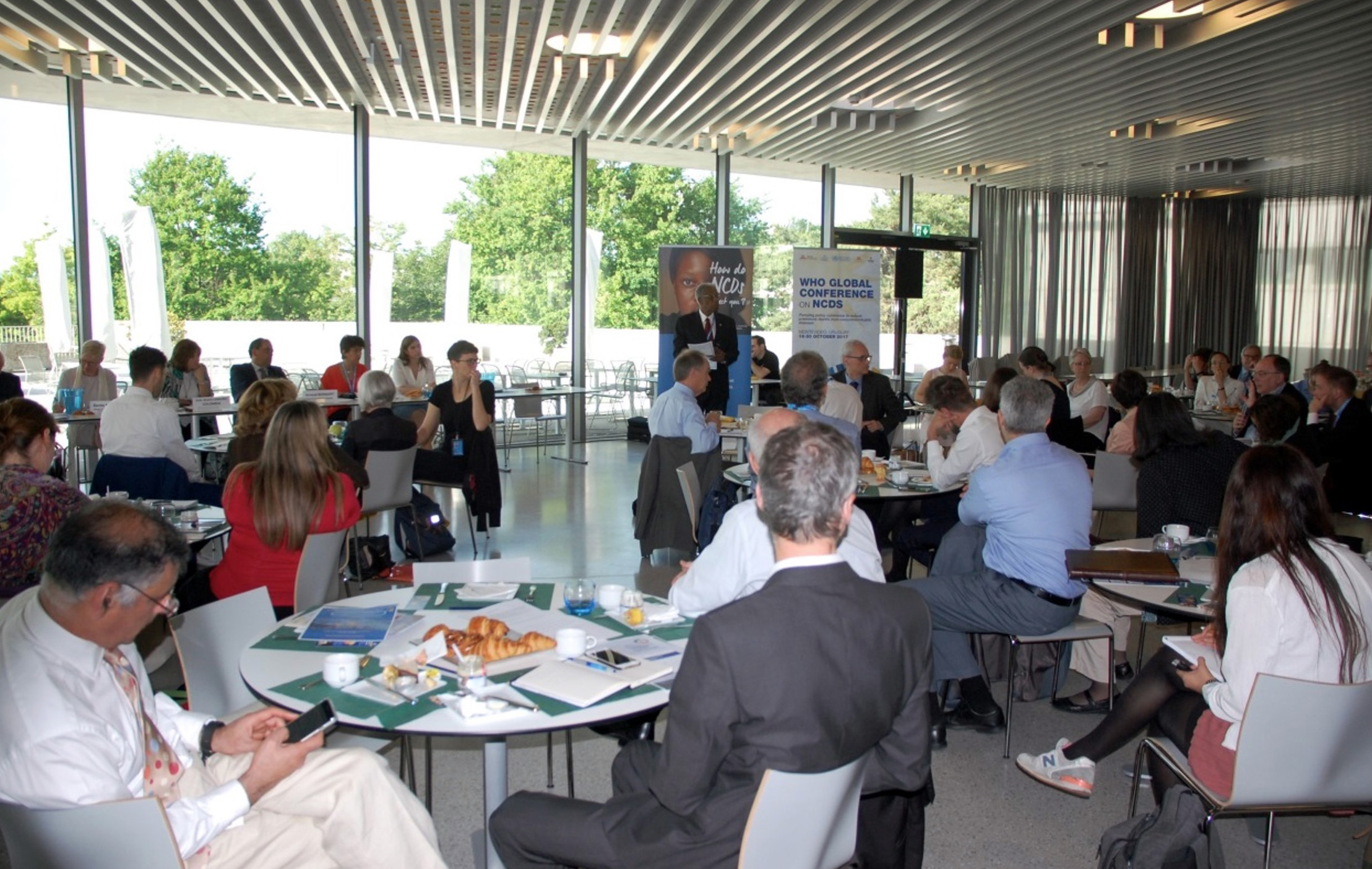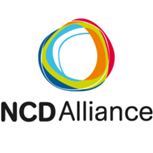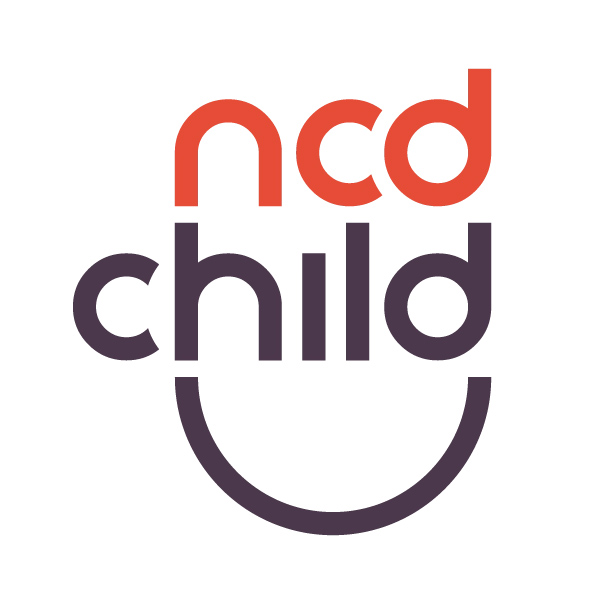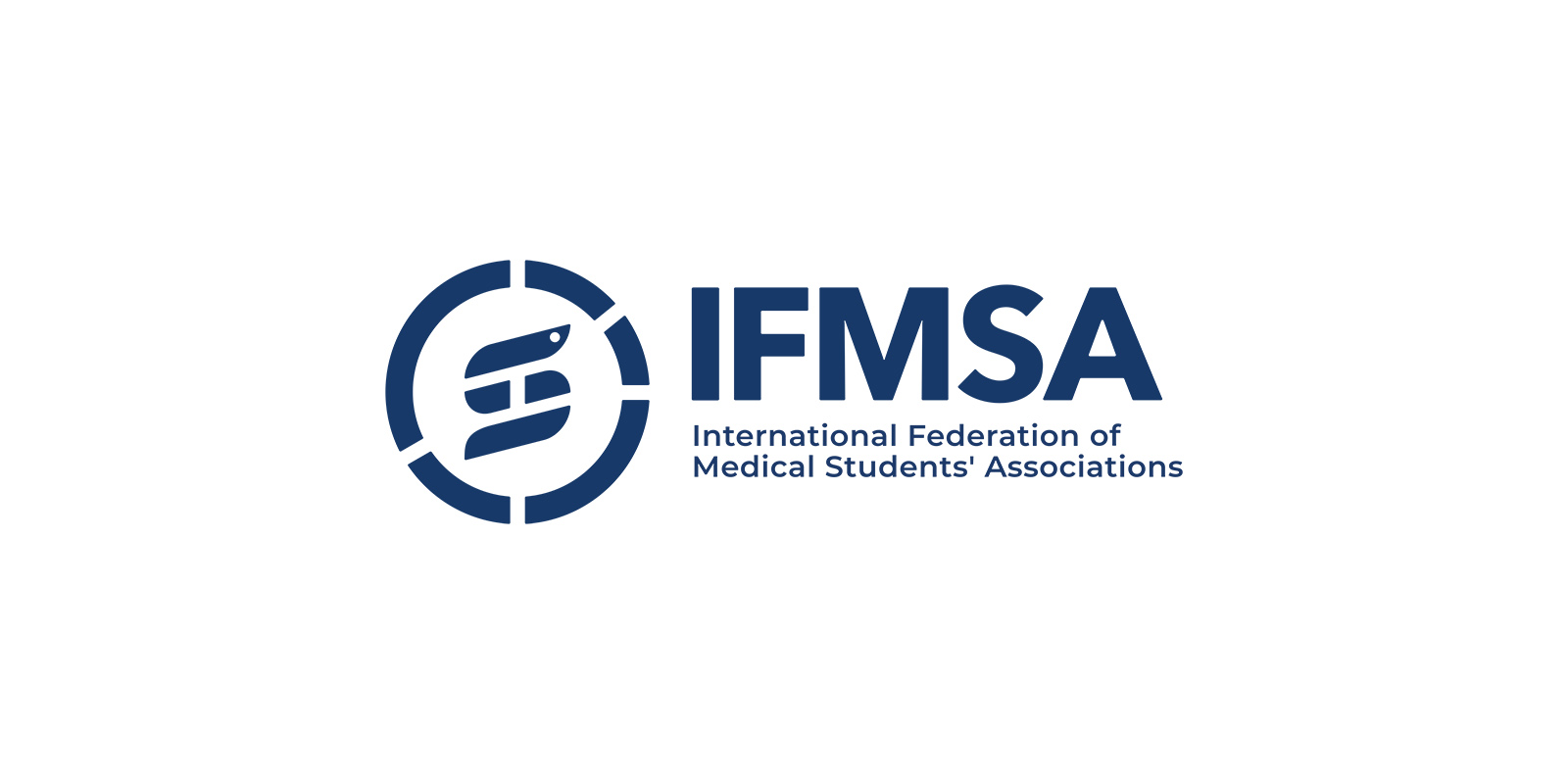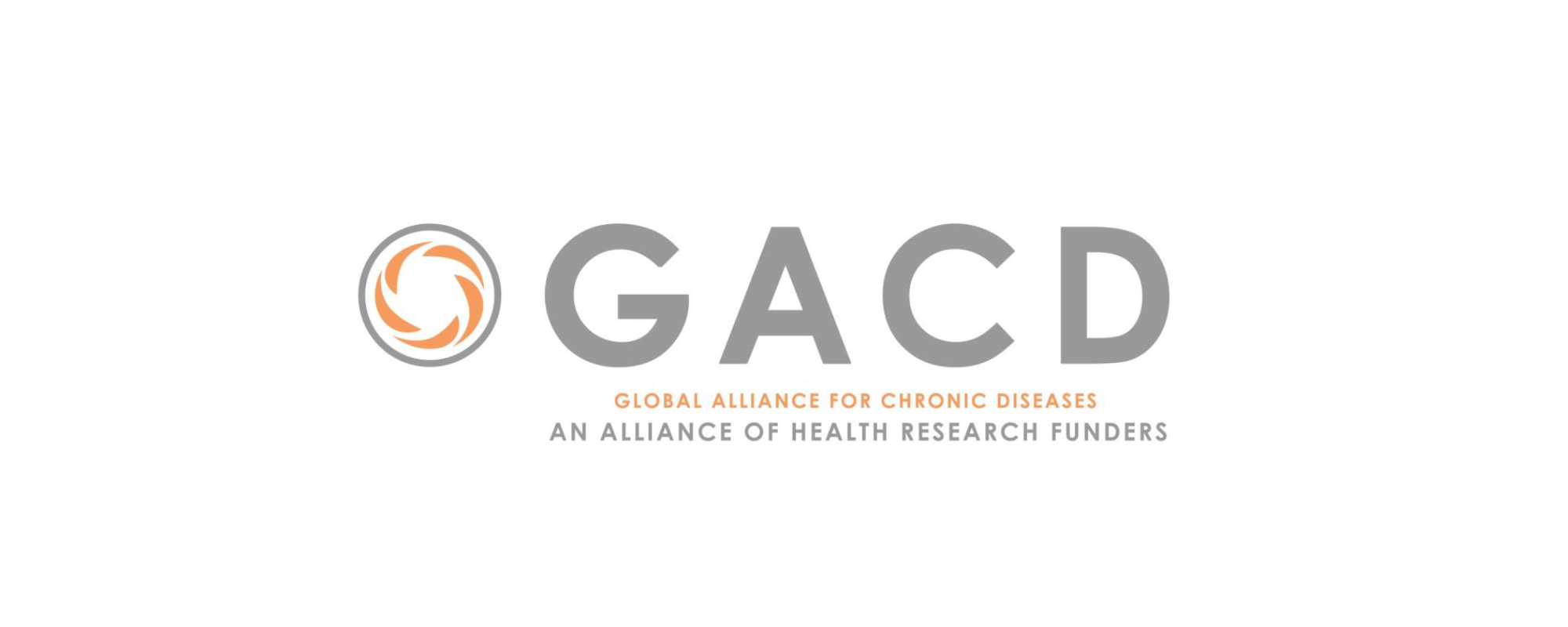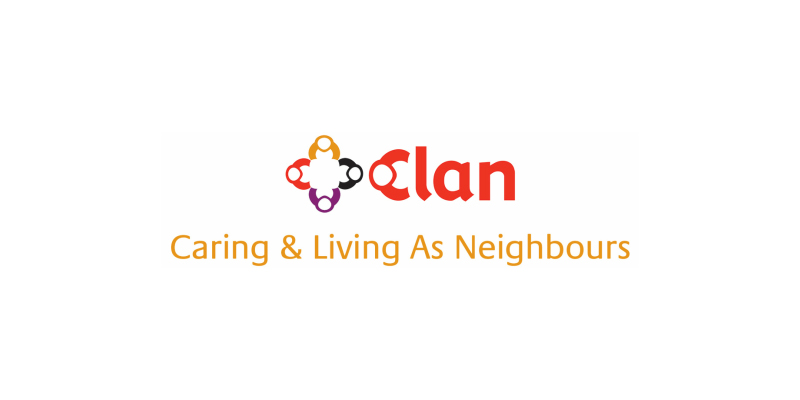Meet the GCM Participants. Join the network.
Participants of the Global Coordination Mechanism on NCDs unite their knowledge, experience and resources to advance coherent and effective measures for the prevention and control of NCDs. Discover how WHO Member States, UN Agencies, and Non-State Actors together create a comparative advantage to tackle NCDs, and join the GCM’s growing global network of Participants and partners.
Join the GCM
